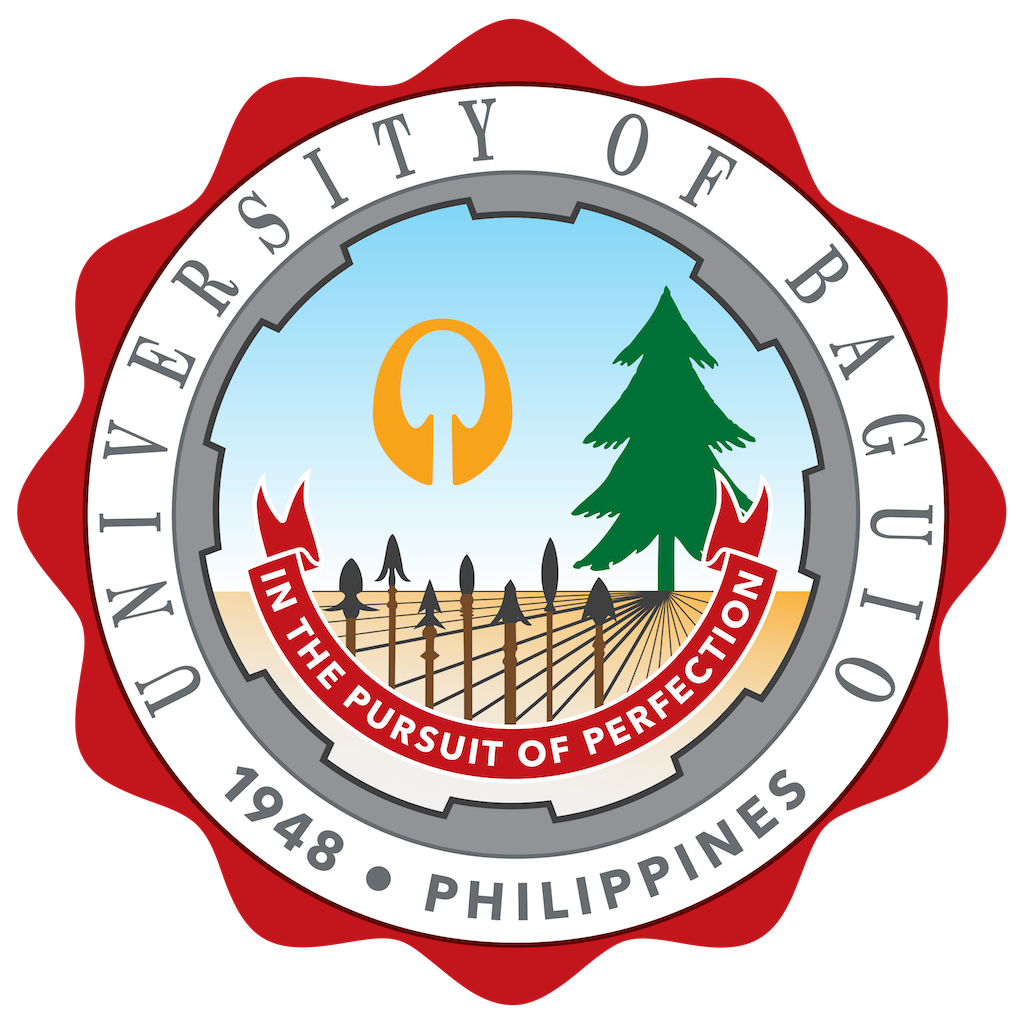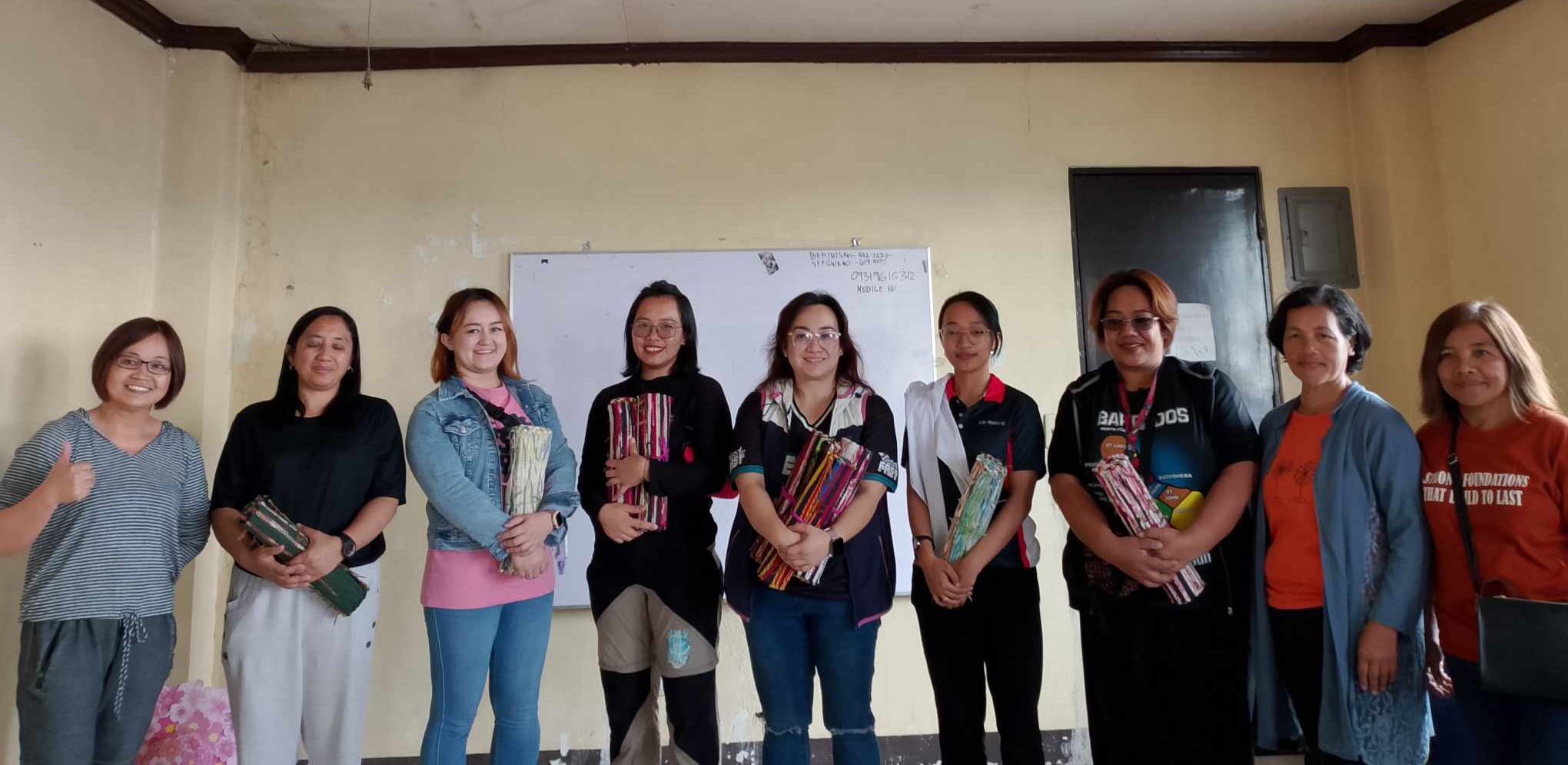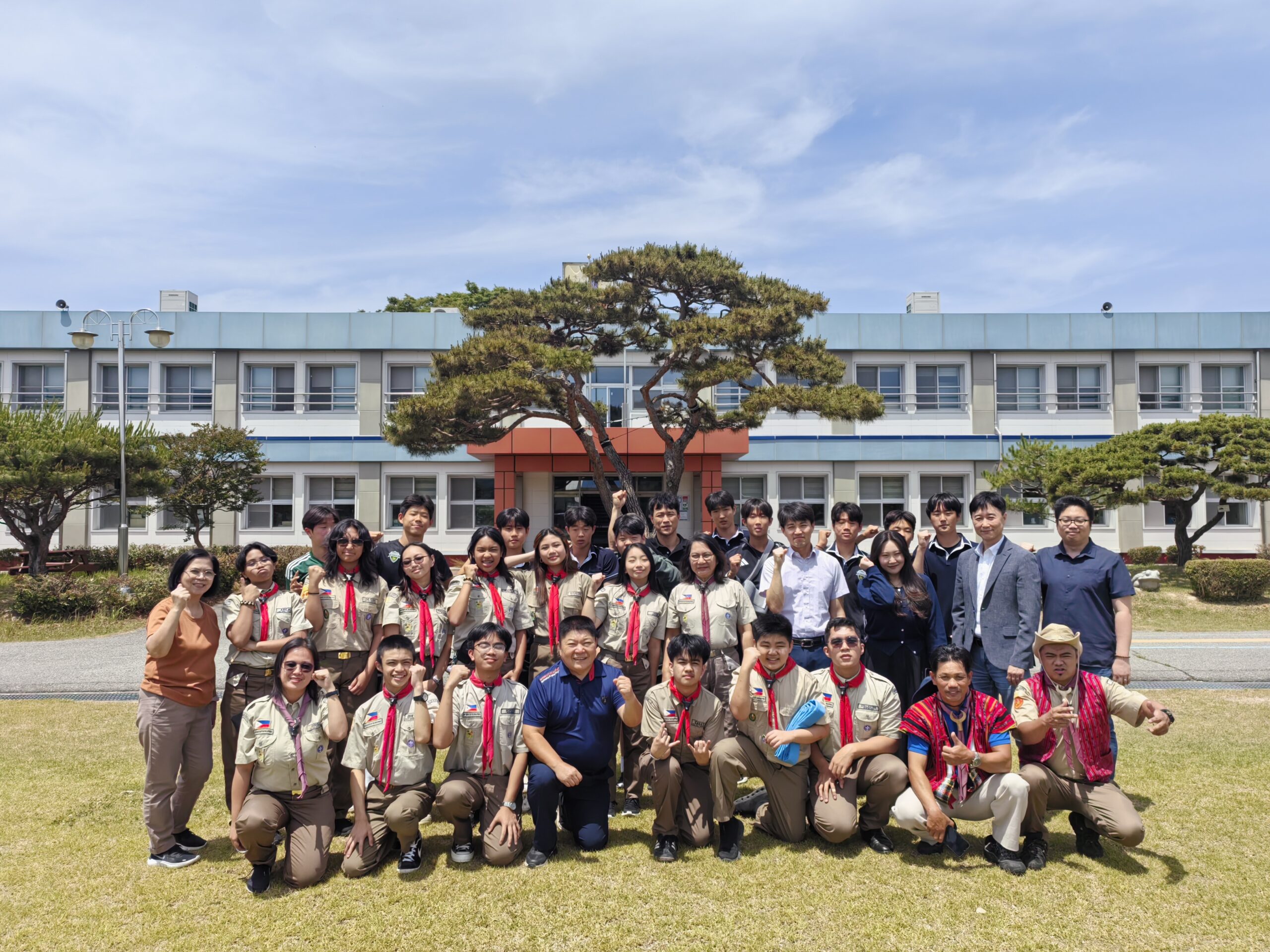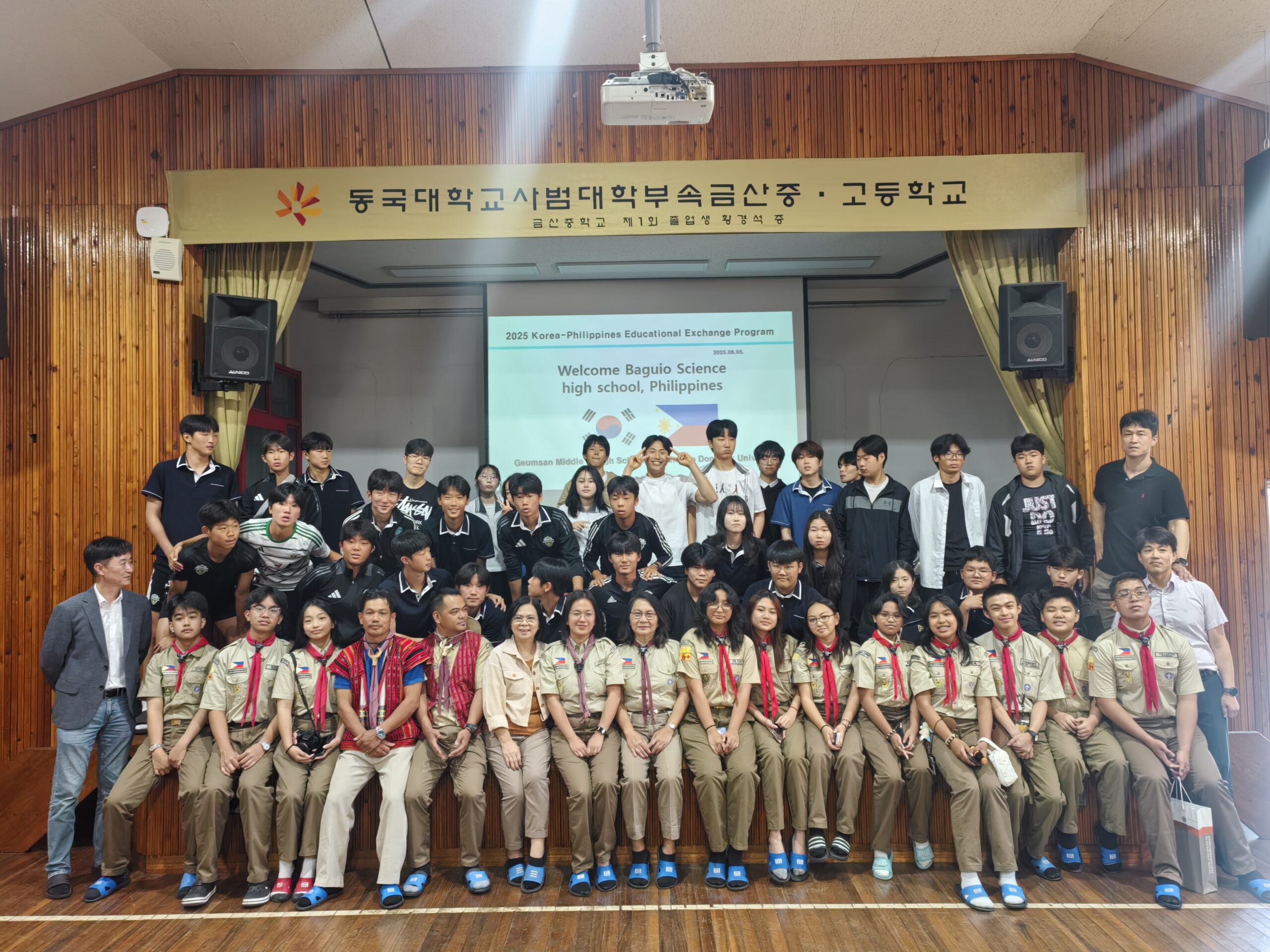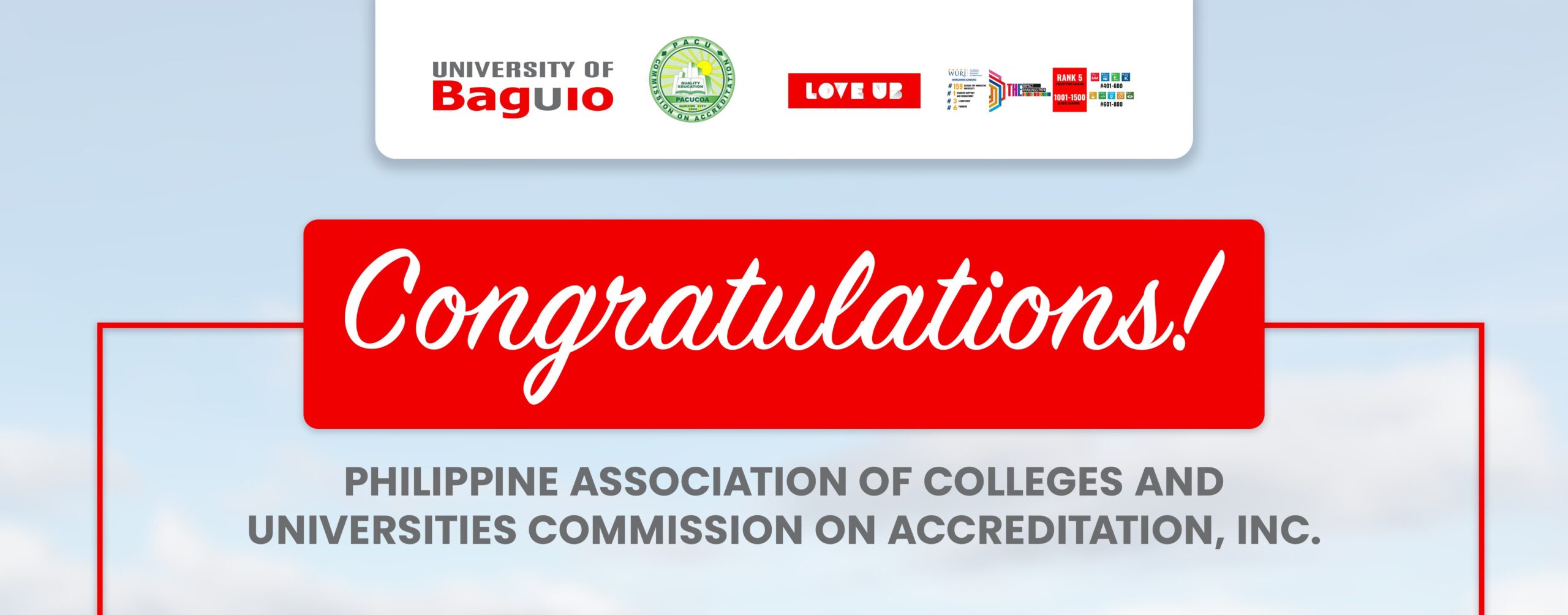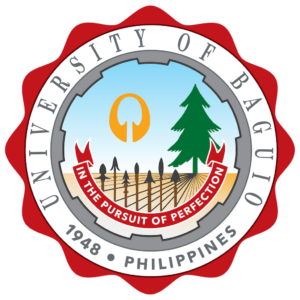In an effort to bolster community resilience and empower residents with life-saving skills, the University of Baguio School of Nursing, through its advocacy program SN-HEART (School of Nursing – Health and Extension Activities through Resourceful Teamwork), conducted a Basic Life Support (BLS) training session in East Quirino Hill Barangay on March 9, 2024. This collaborative initiative, requested by the barangay, aimed to equip participants with essential knowledge and techniques to effectively respond to medical emergencies and disasters.
SDG 3: Good Health and Well-being
This goal aims to ensure healthy lives and promote well-being for all at all ages. Teaching children first aid skills and preparing them for emergencies like earthquakes contributes to this goal by equipping them with the knowledge and abilities to respond to health emergencies and stay safe during disasters.
SDG 4: Quality Education
Providing education on first aid and disaster preparedness is part of ensuring inclusive and equitable quality education for all. By teaching these skills to kindergarten children, we promote a holistic approach to education that prepares them for various aspects of life, including health and safety.
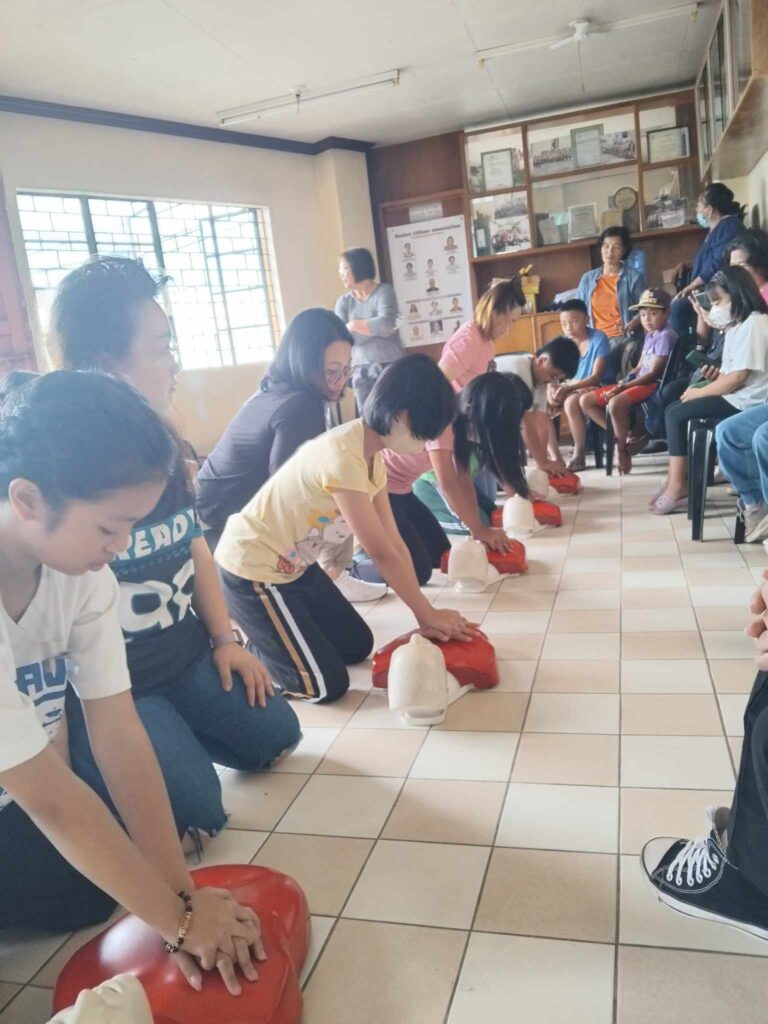
SDG 11: Sustainable Cities and Communities
This goal focuses on making cities and human settlements inclusive, safe, resilient, and sustainable. Teaching children about earthquake drills and preparedness helps build resilient communities by ensuring that even the youngest members are aware of safety procedures and can contribute to disaster response efforts.
Empowering Through Education
Led by experienced faculty members and supported by dedicated student volunteers, the BLS training session offered participants a comprehensive education in basic life support techniques. Through interactive lectures, hands-on demonstrations, and simulated scenarios, attendees learned vital skills such as cardiopulmonary resuscitation (CPR), choking rescue procedures, and basic wound care. The practical nature of the training empowered participants to apply their newfound knowledge with confidence in real-life emergency situations.
Fostering Community Preparedness
As a proactive measure to enhance community preparedness, the BLS training emphasized the importance of early intervention and prompt action during emergencies. Participants were encouraged to develop emergency response plans tailored to their households and neighborhoods, fostering a culture of preparedness and resilience within the barangay. By equipping residents with life-saving skills, the initiative aimed to mitigate the impact of medical emergencies and contribute to the overall safety and well-being of the community.
Community Engagement and Collaboration
The success of the BLS training session was made possible through the collaborative efforts of the University of Baguio School of Nursing, East Quirino Hill Barangay officials, and enthusiastic community members. Their collective commitment to enhancing community resilience and preparedness exemplifies the spirit of collaboration and solidarity in times of need.
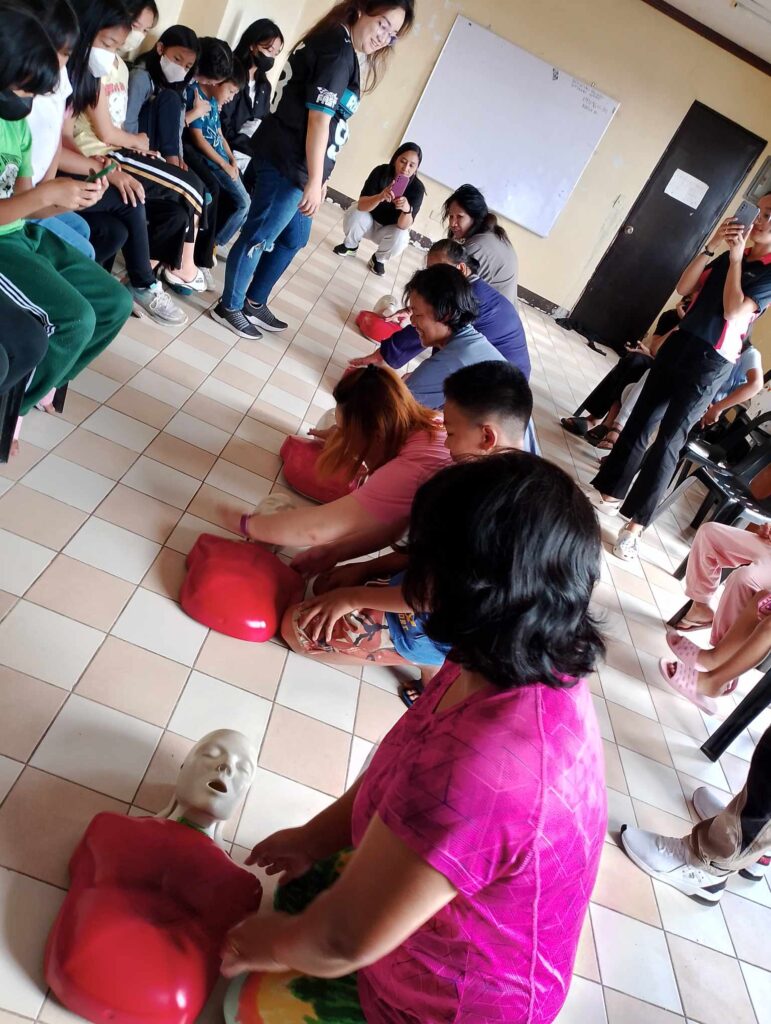
By working together, they have taken proactive steps to empower residents and build a safer, more resilient community.
Written by Aissa Pater
